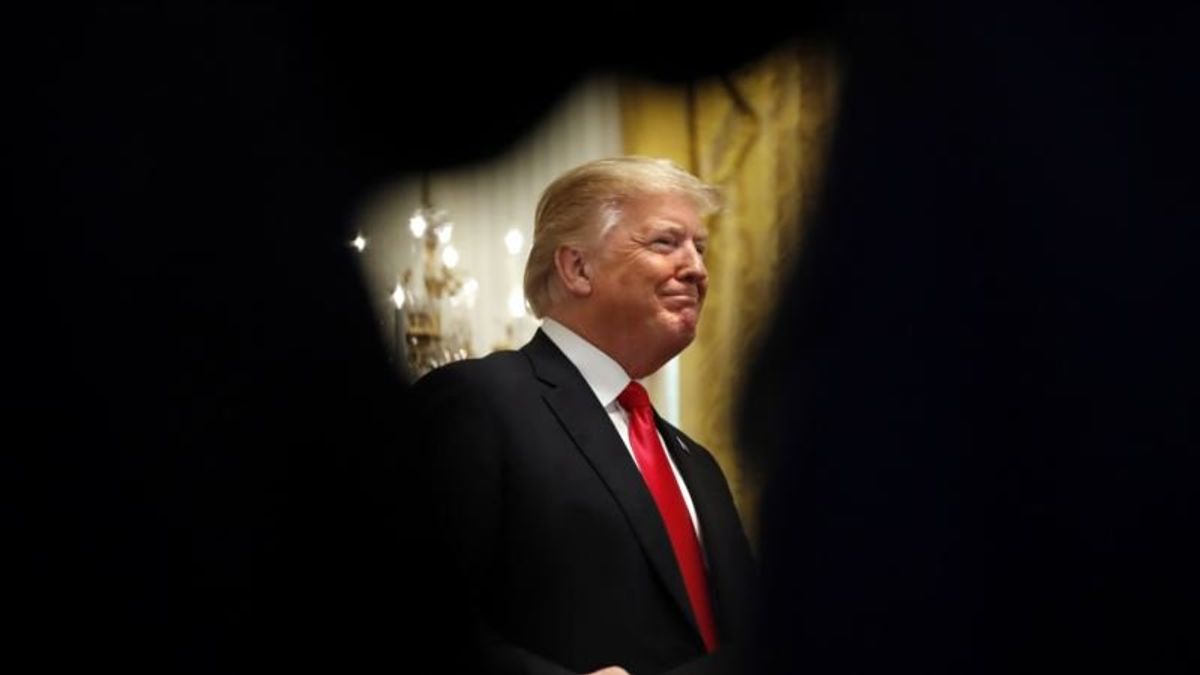
Trump Administration Considering Tax Break on Capital Gains
Trump Administration Considering Tax Break on Capital Gains

The Trump administration is studying the idea of implementing a big tax break for wealthy Americans by reducing the taxes levied on capital gains, but no decision has been made yet on whether to proceed.
Administration officials said Tuesday Treasury Secretary Steven Mnuchin prefers deferring to Congress. But he does have his department studying the economic impact of such a change and the legality of proceeding without congressional approval.
The change would involve taxing capital gains — profits on investments such as stocks or real estate — after taking into account inflation, which would lower the tax bite. Capital gains taxes are currently determined by subtracting the original price of an asset from the price at which it was sold and taxing the difference without adjusting for inflation.
For example, a stock purchased in 1990 for $100,000 and sold today for $300,000 would produce a $200,000 capital gain. That amount, taxed at the top capital gains rate of 23.8 percent, would result in a tax bill of $47,600. However, if the $200,000 gain was trimmed to just $103,000 by adjusting for inflation over the past 28 years, the tax bill would be $24,514.
"There has been a great deal of interest in this provision for a long time,'' said a White House official who spoke on condition of anonymity to discuss internal policy deliberations. "Treasury is currently evaluating the economic impact and whether it can be achieved without legislation.''
Indexing capital gains for inflation would reduce federal revenue by about $102 billion over a decade, according to the Penn-Wharton Budget Model. The Congressional Research Service has estimated that about 90 percent of the benefits would go to the top 1 percent of households.
The New York Times and the Washington Post reported Tuesday that the proposal was under active consideration by the administration. It has long been supported by Larry Kudlow, head of the president's National Economic Council. Mnuchin, however, has signaled caution in approaching the idea.
Republicans, led by House Ways and Means Committee Chairman Kevin Brady is leading an effort to extend and expand the $1.5 trillion tax cut President Donald Trump pushed through Congress last December.
"If it can't get done through a legislative process, we will look at what tools at Treasury we have to do it on our own and we'll consider that,'' Mnuchin said in an interview with the Times in which he emphasized that he has not yet concluded that Treasury has the authority to act alone.
"We are studying that internally, and we are also studying the economic costs and the impact on growth,'' Mnuchin told the Times.
Democrats, however, vowed to oppose the change to how capital gains are taxed.
"Once again, Republicans have exposed the true priorities of their tax scam: billions in tax breaks for the wealthiest at the expense of everyone else,'' House Democratic Leader Nancy Pelosi said in a statement. "American families are drowning under the weight of stagnant wages, higher health costs and soaring prescription drug costs, but the GOP continues to pick their pockets to give more handouts to the wealthiest 1 percent.''
In an interview in June with The Wall Street Journal, Mnuchin declined to speculate on whether Treasury has the legal authority to make the capital gains change on its own.
Democrats in the Senate have urged Mnuchin not to take the step, saying Treasury does not have the authority. They pointed to legal opinions written by the Justice and Treasury departments in 1992 finding that Congress intended the word "cost'' to mean the price paid in nominal dollars — without adjusting for inflation.
Treasury acting on its own "would almost exclusively benefit the wealthiest Americans, add $100 billion to the ballooning deficit, further complicate the tax code and ignore the need for congressional'' approval, Sen. Ron Wyden of Oregon, the top Democrat on the Senate Finance Committee, and other Democratic panel members said in a letter to Mnuchin in May.
"The $100 billion price tag is a conservative estimate because it does not consider the abundant tax-sheltering opportunities that would arise,'' the Democrats wrote. "Further, the proposal would fail American workers, investment and the larger U.S. economy.''
 White House Chief of Staff Decides to Stick AroundNext PostSenate Grills Officials on Handling of Immigrant Family Separations
White House Chief of Staff Decides to Stick AroundNext PostSenate Grills Officials on Handling of Immigrant Family Separations







